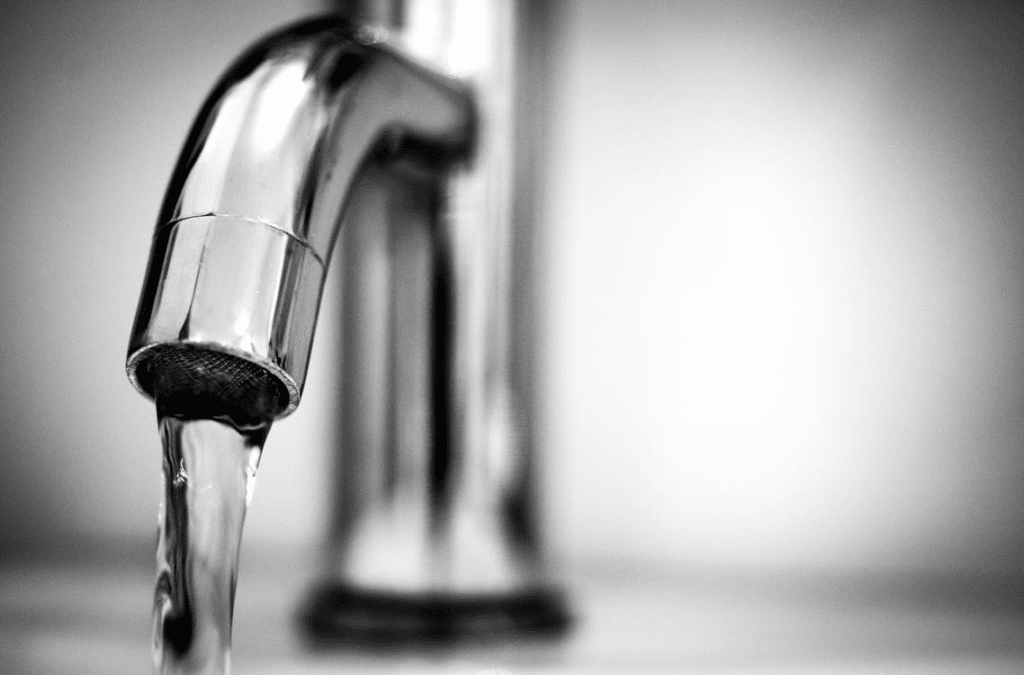South Florida is a great place to live in. It has awesome beaches, tourist spots, beautiful sceneries, and has the ideal harmony of nature and infrastructure. However, there is also one important thing you need to know about South Florida’s water supply – it’s hard water. Simply defined, hard water is water containing minerals, particularly calcium and magnesium. While drinking hard water doesn’t have much impact on the body, bathing in hard water does affect the skin and hair. It can also significantly affect things around you, particularly your clothes, your sinks and bathtubs, your appliances and your dishware. Thus, it is important to soften the water supply. So how do you soften water in South Florida? Read on to know about ingenious ways of softening hard water.
Buying soft tap water or drinking water can be an expensive and impractical way of addressing your hard water problem. One of the most convenient and economically viable ways of softening your water source is to use a water softener kit or system. You don’t need to look for hard-to-find components and build your water softener, these kits already come in ready-made and easy-to-install packages. However, not all water softeners are created equal, and you have to pick the best type of softener that fits your typical everyday use. A great article about 10 Best Water Softener Reviews | Whole House Systems for Home can be your reliable reference and guide for buying a good quality water softener. It features different types of water softeners for small, medium and large home use, for commercial use and even for community consumption. Also, the article has a balanced review of the featured products, citing both the pros and cons and adding recommendations. So before going out and buying a water softener, do some research first to get the best value for your money.
Hard Water Causes Buildups
The minerals in hard water can accumulate and adhere to most surfaces where the water flows. Not only do they cause unsightly discolorations and film buildups, but they can also affect the efficiency of the plumbing system in your house. This is a common problem with hard water that needs to be addressed. Considering the function of a water conditioner and a water softener, there can be similarities in the way they improve water quality. However, when you check closely, a water conditioner or water descaler works by changing the mineral form in the water so that they will not stick to any surface. Basically, it doesn’t remove the mineral content in the water. Water conditioners work through template-assisted crystallization (AC) or nucleation assisted crystallization (NAC). The effect on the water by crystallizing its mineral contents looks more like water has softened due to the reduced or eliminated negative effects of mineral adhesion and accumulation on surfaces. This method is a more environment-friendly and health-friendly option than softeners, that run on electricity or use salt for removing minerals.
Hard Water Shortens Water Heater Service Life
If your home has a large water tank, a heater, or if you are regularly storing water in large containers, this simple method can do the job. This method is also known as soda-lime softening and is also used in some municipal water systems. While this method is effective in removing minerals and impurities from the water, it takes several days for the water to be fully softened due to the long time it takes for minerals and sediments to adhere to the soda and lime mixture and stay at the bottom of the water. The clumps of accumulated minerals that settle at the bottom of the tank need to be removed to prevent the clogging of pipes. This method is recommended for homes with heaters that are on standby or those that stored water supplies that are not regularly or immediately used.
Hard Water Stains Dishware
Filters are small installations that can also do a good job of softening the water that flows out from faucets and showerheads. They can allow lather to form when washing clothes and reduce scale and scum adhesion on surfaces, particularly within sinks and around faucets. Your dishes will no longer have indelible spots and streaks and washing them will be a lot easier. If you install filters on your showerhead, your skin will no longer feel tight and dry and your hair will no longer feel dull and brittle.
 There can be many ways you can soften your water. This problem is not just limited to South Florida, but in areas where there are limestone deposits underground which are above the water table. Although hard water is not much of a health concern, it does significant damage to fixtures, appliances, sinks, faucets, dishwashers, and clothes. Thus, it is important that you know how to soften your water to avoid mineral deposits and scaling damages.
There can be many ways you can soften your water. This problem is not just limited to South Florida, but in areas where there are limestone deposits underground which are above the water table. Although hard water is not much of a health concern, it does significant damage to fixtures, appliances, sinks, faucets, dishwashers, and clothes. Thus, it is important that you know how to soften your water to avoid mineral deposits and scaling damages.


